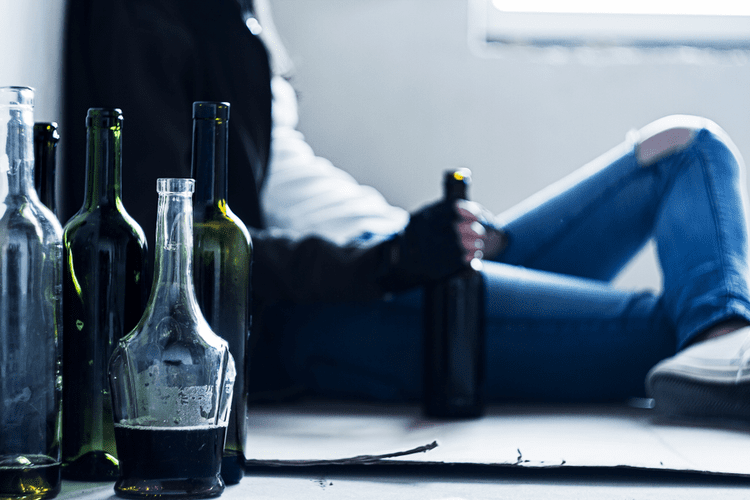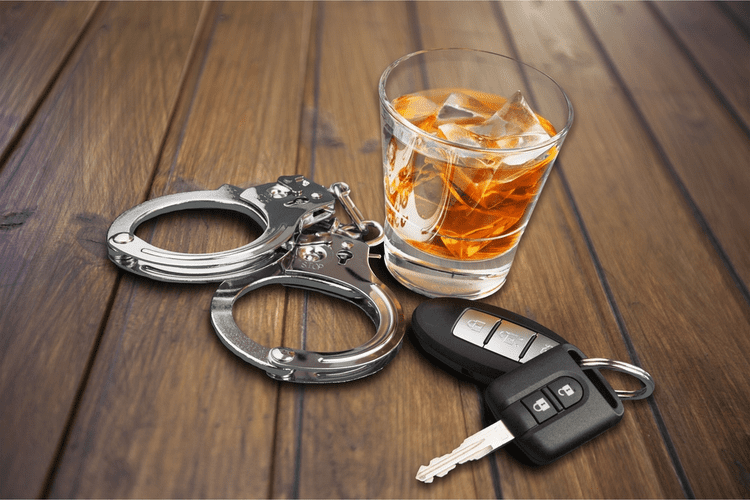Stimulants such as caffeine should be avoided, especially at night. Using electronics like TV or smartphones before bed should also be avoided. The Recovery Village Cherry Hill at Cooper provides a full continuum of care, from medical detox and inpatient rehab to aftercare. We are here to help you and those you love recover from addiction and begin a healthier, alcohol-free future.

Night Eating Syndrome: Symptoms, Causes, and Treatments
The problem with drinking alcohol before sleeping is that it negatively impacts your sleep quality. Alcohol interrupts your natural sleep cycle, reducing the restorative benefits you get from deep sleep. You wake up more often in the night, you rarely reach deep sleep, and you don’t sleep for as long as you should. Developing new ways to fall asleep without alcohol will result in healthier habits, better relationships, and an overall higher quality of life. In this article, I will share the negative effects of consuming alcohol before bed and alternatives to alcohol for sleep so you can transform your relationship with alcohol once and for all. Alcohol consumption has a complex relationship with sleep, often leading to disrupted sleep cycles and poorer sleep quality.
Study Finds Racial Disparities in Childhood Insomnia That Persist Among Young Adults
RISE can tell you the best time to do 20+ sleep hygiene habits at times that make them the most effective for you. RISE can also predict your circadian rhythm, so you can sync up your sleep times to match can’t sleep without alcohol for an easier time falling asleep. Many people have found hypnosis is the solution to falling asleep without alcohol. Many have also used it for alcohol withdrawal and quitting addiction to alcohol.
Why Can’t I Stay Asleep After Drinking Alcohol?

For the treatment of either disorder to be effective, both insomnia and substance abuse should be addressed together. Someone in recovery from alcohol use may experience setbacks because of sleep-related withdrawal symptoms. For this reason, a person may need to drink increasing amounts to fall asleep, increasing the risk of alcohol abuse and addiction. Researchers have found that insomnia is a risk factor for alcohol abuse.
New Study Finds Link Between Short Sleep and Diabetes

Although sleep disturbances are common during alcohol detox, ongoing problems hint at more severe issues. Symptoms may include frequent awakenings during the night, irritability or depression, daytime fatigue, or problems with attention and memory. If these symptoms persist, professional help becomes necessary. People experiencing insomnia-related impairments in their daily life may benefit from a healthcare provider’s expertise. This disruption can result in a decrease in sleep efficiency and an increase in sleep-related problems. The interplay between alcohol consumption and sleep disorders is a critical area of concern for both individuals and healthcare professionals.
Could Bird Brains Shed Light on Sleep Disorders?
For more tips on dealing with insomnia-related issues read our blog [LINK]. Remember that morning last week when you woke up exhausted even though you had a full night’s sleep?
Do not sell my personal information Privacy Policy and Terms of Use
Stay away from caffeine, other medication, screen time, sugary foods, stressful activities, and of course, alcohol. The key to getting better sleep is to establish a consistent bedtime routine. You might want to try going to bed and waking up at the same time every day. Your body will rapidly get used to your schedule, and you’ll discover that falling asleep and waking up will be a lot easier.
In cases of excessive, long-term alcohol use, more severe symptoms such as confusion, and convulsions may occur. Delirium tremens is the most severe form of alcohol withdrawal and occur in a small percentage of individuals. Therapy and medication can play critical roles in managing persistent insomnia after alcohol detox. On the medication front, various options ranging from over-the-counter sleep aids to prescription sleeping pills can help manage insomnia.
- Psychological withdrawal symptoms often include anxiety, depression, and intense cravings.
- There are ways to stop alcohol from messing with your sleep, though.
- For example, every night when you enter REM sleep (rapid eye movement) your brain stores the memories acquired during your day.
- People who drink alcohol before sleep are also more likely to experience breathing difficulties at night.
The chances are you’ve also realised the morning after effects too. Alcohol slows brain activity because it is a central nervous system depressant, which prevents restful sleep. Alcohol also causes the body to become dehydrated and prevents REM sleep, the most important stage of the sleep cycle.